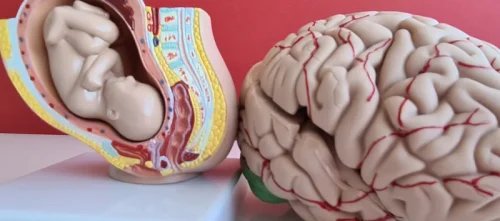
Instead of looking at the slip as an opportunity to grow and learn, a person lets it color the way they think about themselves. An individual who believes they’ve failed and violated their sobriety goals may begin to think that they’re not good enough to be considered a true abstainer. Everyone is different, and your experience with relapse may be unique. However, there are some common early psychological signs that a relapse may be on the way. If you are worried that you might be headed for a relapse, you don’t have to wait until it happens to reach out for help. Our addiction treatment network offers comprehensive care for alcohol addiction, opioid addiction, and all other forms of drug addiction.
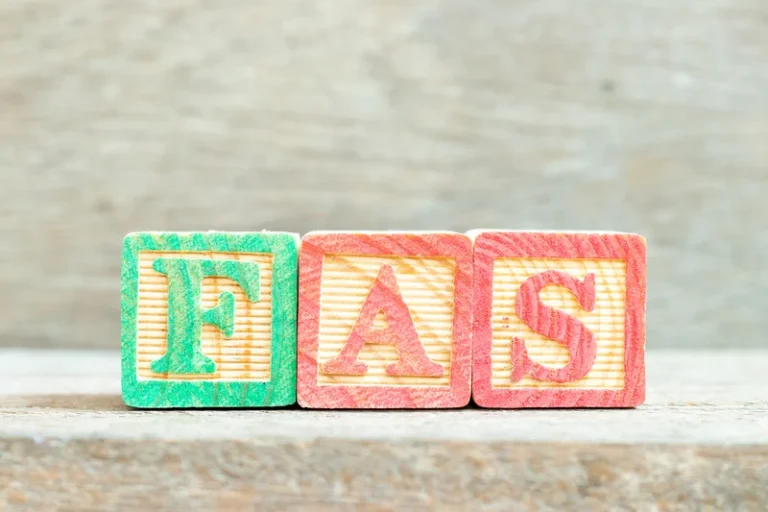
Abstinence Violation Effect: How Does Relapse Impact Recovery?
The abstinence violation effect is also considered an immediate the abstinence violation effect refers to factor of relapse. What is the abstinence violation effect, and what are the signs of a coming relapse? Adaptive—I am doing the best I can and will continue to do the best I can. Brie graduated as a high school valedictorian with a major in Health Technologies and continued her studies at Springfield Technical Community College with a focus on healthcare.
- A mindset shift caused by triggers or stress may lead you to take that drink or start using drugs again.
- Instead of sinking into self-blame, reframe setbacks as temporary obstacles rather than insurmountable failures, and replace blame with self-compassion and understanding.
- You don’t have to wait until a relapse occurs to seek help if you are concerned that you might be headed for a relapse.
Childish Behavior in Adults: Signs, Causes, and How to Overcome Emotional Immaturity
It is not necessarily these natural emotions that cause emotional relapse, but how you cope with them, that does. A mindset shift caused by triggers or stress may lead you to take that drink or start using drugs again. A relapse can be caused by a cascading effect that includes several issues that occur before you begin using again, according to Marlatt. Despite the fact that relapse can be all-consuming, it does not have to be. It may be a single occurrence where someone decides to use the substance again.
Physical Relapse
An individual may experience uncontrollable, stable attributions and feelings of shame and guilt after relapsing as a result of AVE. Through shifting attention towards positive coping skills and strategies, the impact of lapse and the intensity of the AVE can be minimized. An effective approach to maintaining motivation is reframing the lapse https://ecosoberhouse.com/ as a setback.
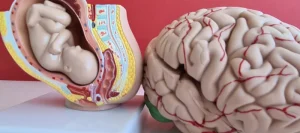
When people don’t have the proper tools to navigate the challenges of recovery, the AVE is more likely to occur, which can make it difficult to achieve long-term sobriety. Additionally, individuals may engage in cognitive distortions or negative self-talk, such as believing that the relapse is evidence of personal weakness. Additionally, the support of a solid social network and professional help can play a pivotal role. Encouragement and understanding from friends, family, or support groups can help individuals overcome the negative emotional aftermath of the AVE. Regard Healthcare offers 100% confidential substance abuse assessment and treatment placement tailored to your individual needs. If you’re worried you might be heading towards a lapse or full-blown relapse, don’t struggle with this alone.
Our treatment options include detox, inpatient treatment, outpatient treatment, medication-assisted treatment options, and more. Relapsing isn’t a matter of one’s lack of willpower, and it isn’t the end of the road. With the right help, preparation, and support, you and your loved ones can still continue to build a long-lasting recovery from substance abuse. Otherwise, recovering individuals are likely to make the worst of a single mistake and accelerate back through the relapse process as a result. In other words, AVE describes the thoughts, feelings, and actions a person goes through after they make a mistake and have a drink or abuse a substance, despite trying to quit. Mark’s key responsibilities include handling day-to-day maintenance matters and oversees our Environment of Care management plan in conjunction with Joint Commission and DCF regulations.
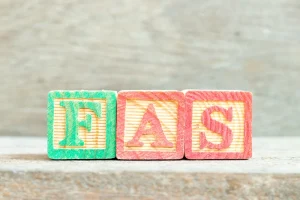
Treatment Programs
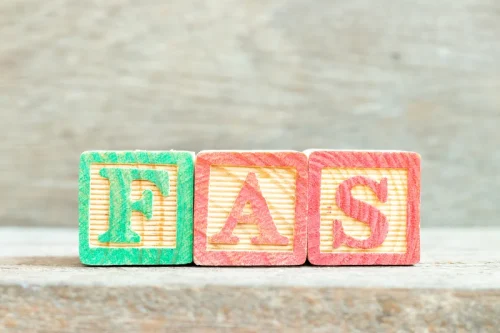
When you are feeling overwhelmed, your brain may unconsciously crave drugs as a way to help you feel better. But you may have the thought that you need the drug or alcohol to help get you through the tough situation. Unconscious cravings may turn into the conscious thought that it is the only way you can cope with your current situation. When one returns to substance use after a period of abstinence, they experience a negative cognitive and affective reaction known as an abstinence violation effect in psychotherapy.
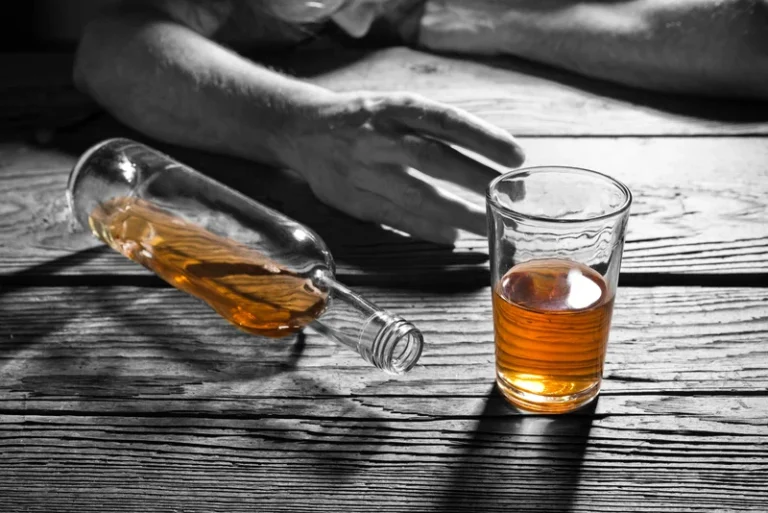
- The negative emotional responses you are experiencing are related to stress, high-risk situations, or inborn anxieties.
- Mental relapse is characterized by thoughts of using drugs or alcohol again.
- Our treatment options include detox, inpatient treatment, outpatient treatment, medication-assisted treatment options, and more.
At Bedrock, we use evidence-based approaches such as cognitive-behavioral therapy (CBT) to help our clients develop coping skills and enhance resilience in the face of setbacks. Identify triggers that may have contributed to the relapse and develop strategies to address them proactively in the future. Rather than labeling oneself as a failure, weak, or a loser, recognizing the effort and progress made before the lapse can provide a more balanced perspective. For Jim and Taylor, this might involve acknowledging the months of sobriety and healthier lifestyle choices and understanding that a single incident does not erase that progress. RehabCenter.net is intended for educational purposes only and is not designed to provide medical advice of any kind. Any information found on RehabCenter.net should never be used to diagnose a disease or health problem, and in no way replaces or substitutes professional care.
Mark’s goal is to provide a safe environment where distractions are minimized, and treatment is the primary focus for clients and staff alike. Mark received a bachelor’s degree in Business Administration, with a minor in Economics from the University of Rhode Island. He is a licensed residential home inspector in the state of Florida and relates his unique experience of analyzing a property and/or housing condition to determining any necessary course of action at our facility. He Twelve-step program calls this “urge surfing.” Instead of denying our addictive nature or hating ourselves for it, we learn to keep living in spite of it.

